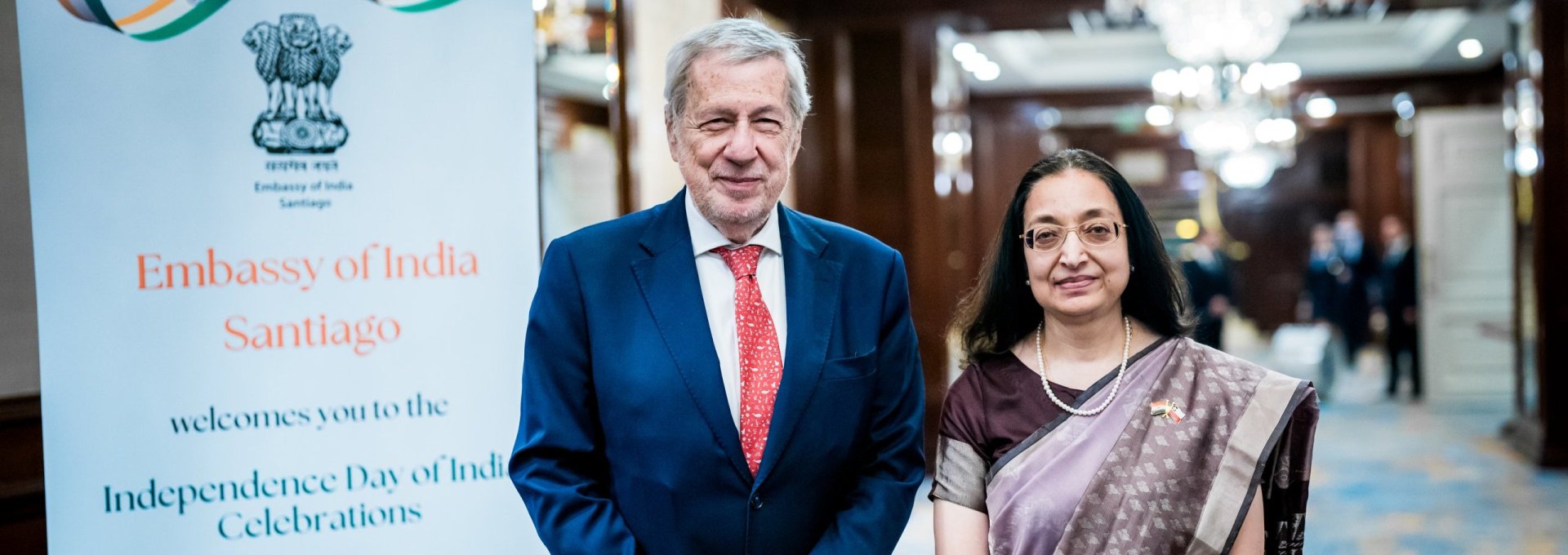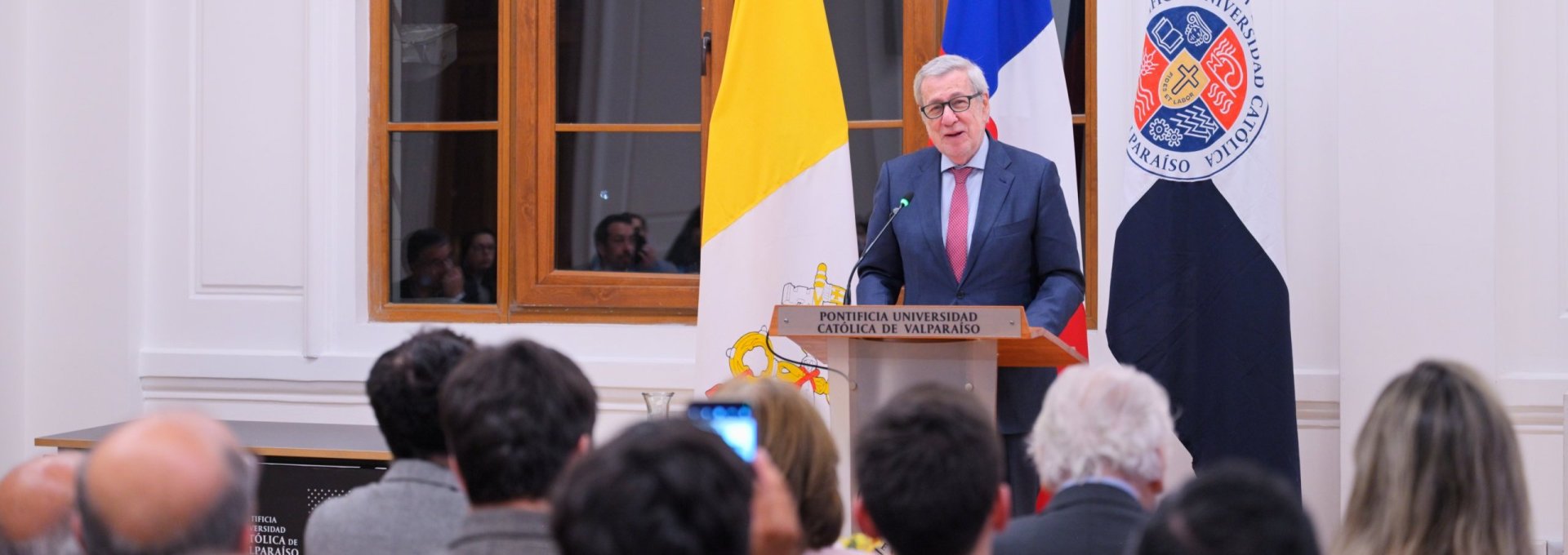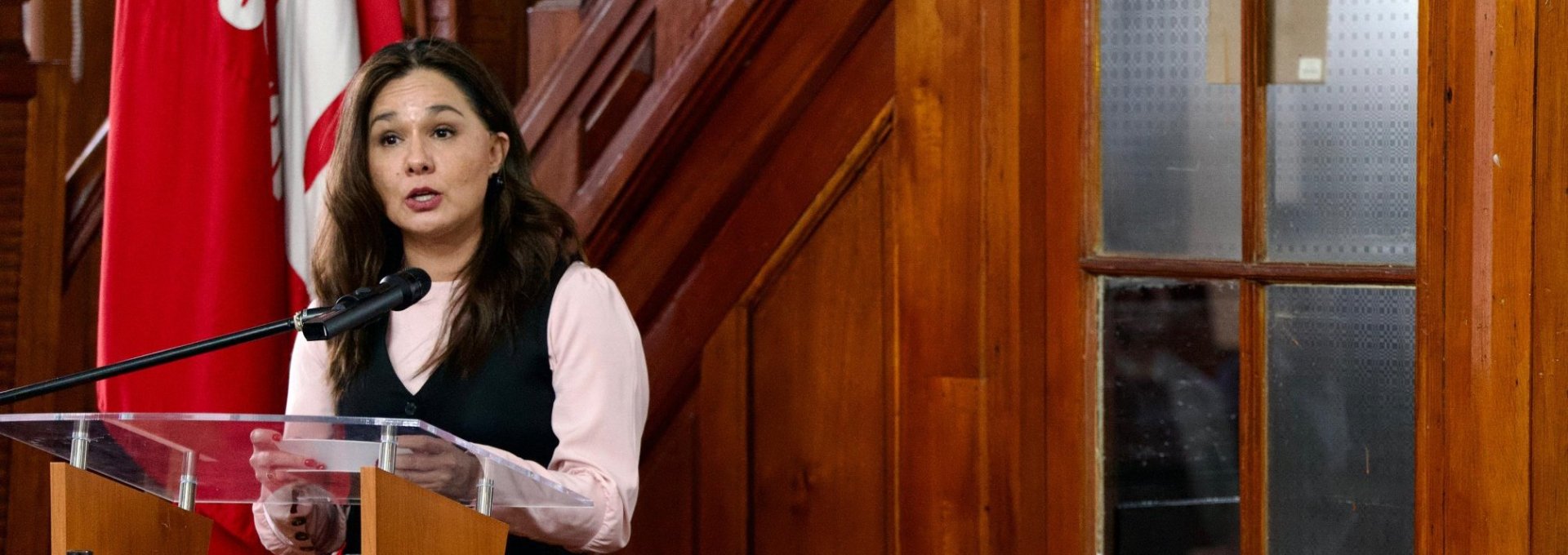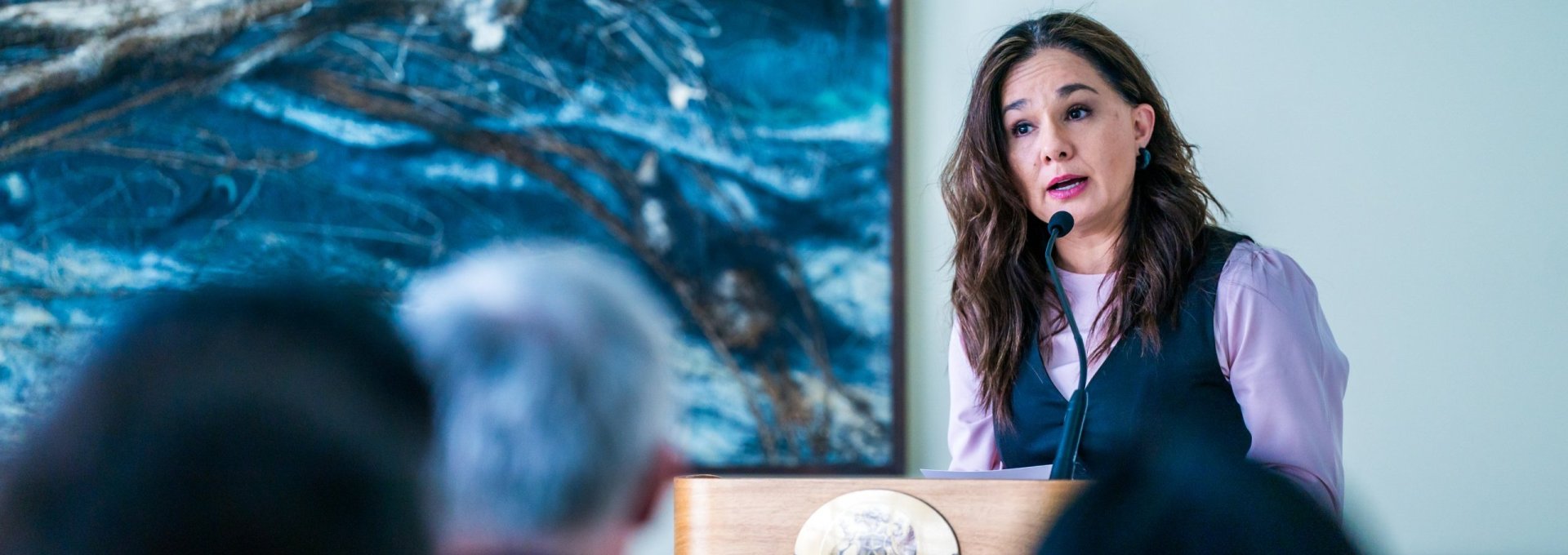
Canciller participa en aniversario de la independencia de India y destaca que Acuerdo de Asociación Económica Integral abrirá nuevas oportunidades para ambos países
Jueves 14 de agosto de 2025

Jueves 14 de agosto de 2025

Martes 19 de agosto de 2025

Martes 19 de agosto de 2025

Lunes 18 de agosto de 2025

Lunes 18 de agosto de 2025

Jueves 14 de agosto de 2025

Martes 19 de agosto de 2025
74
115
12